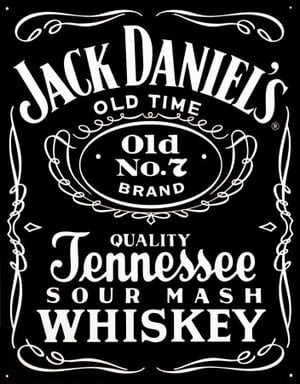Everybody goes out to parties and wants to have a good time, and everyone always has a few drinks, maybe a few to many, but does anyone ever really consider what they are drinking? If your the curious type like me, you may find this interesting, then again you may already know it, but you might not know all of it. Most people know the basics of how alcohol is made, but for those of you who don’t, this should be particularly interesting. So let me ask again, whats that your drinking?
Whiskey Whiskey gets its name from an old Irish Gaelic word meaning “water of life. It’s made by taking either barley, rye, wheat, or corn, and grinding it up and adding water, then making a mash of your grain of choice. While the mash is being made, hot water is added to cook the grain, converting the starch into sugar. After the completed mash is made, yeast is added to it which eats the sugar and creates alcohol and carbon dioxide. Then the fermented mixture is distilled a few times before being aged in wooden barrels.
Vodka Vodka’s name and origins, unlike whiskey, cannot be traced definitively, but it is believed to have come from the area around Poland and Russia. However, the most likely answer lies in some probable explanations for its name in the area, which they say means “to burn” from the invention of the still, allowing for distillation or “the burning of wine”. Vodka is made from foods containing starches such as potatoes, molasses, or sugar beets. Other than the difference in ingredients, the creation undergoes the same process as Whiskey, although most vodkas are diluted because they are so strong.
Rum Rum is another distilled beverage similar to vodka and whiskey, except it is created through the fermentation of sugarcane byproducts. After the distillation process, the ordinarily clear liquid is aged in oak barrels. The origin of the name of rum is again unclear, but some rumors suggest it is from the large drinking glasses used by Dutch seamen known as rummers, from the Dutch roemer, a drinking glass. Rum was believed to be first created in an early form in ancient India or China.
Gin Gin is created through the use of neutral grain spirits. Neutral grain spirits are clear, odorless, highly alcoholic liquids. The spirits are taken and flavored with juniper berries, and then re-distilled. The invention of gin is often credited to the physician Franciscus Sylvius in the Netherlands in the 17th century. However, Dutch gin is very different than English-style gin, as English-style gin is distilled with barley and sometimes aged in wood, giving it a slight resemblance to whiskey.
